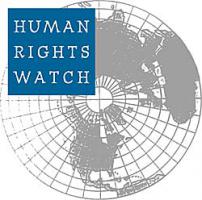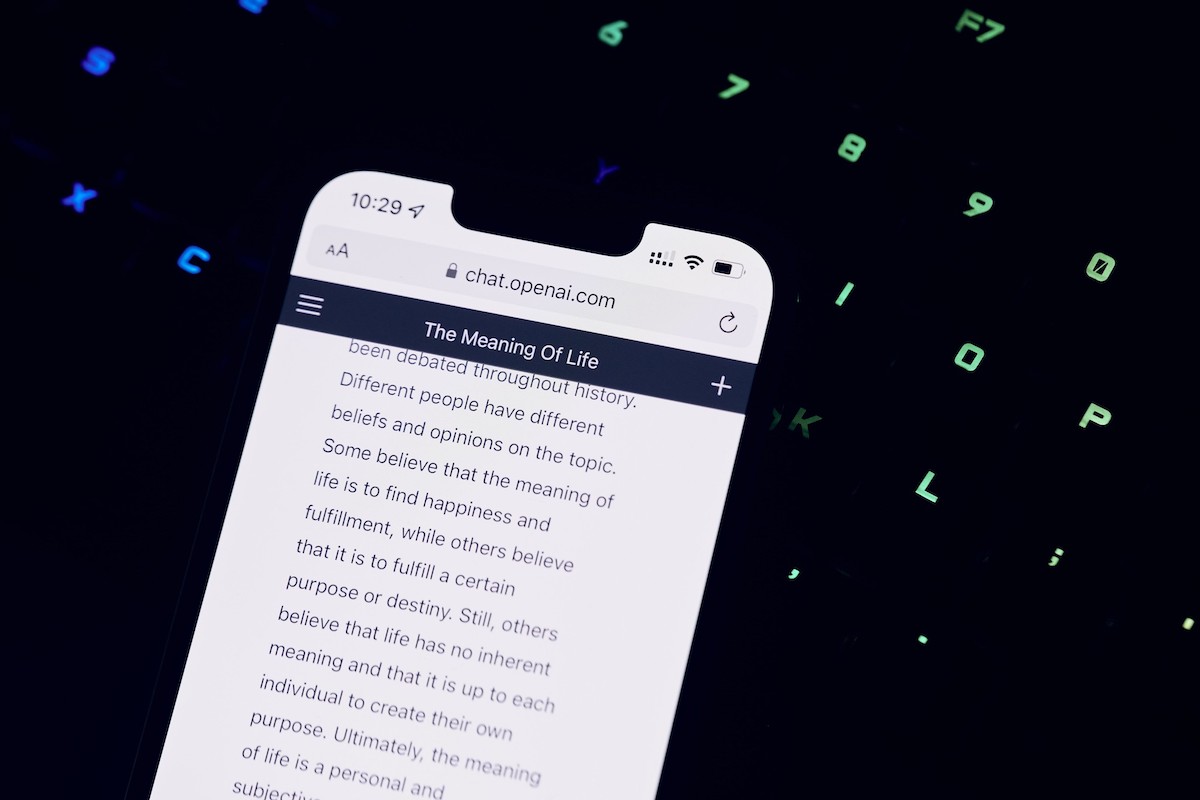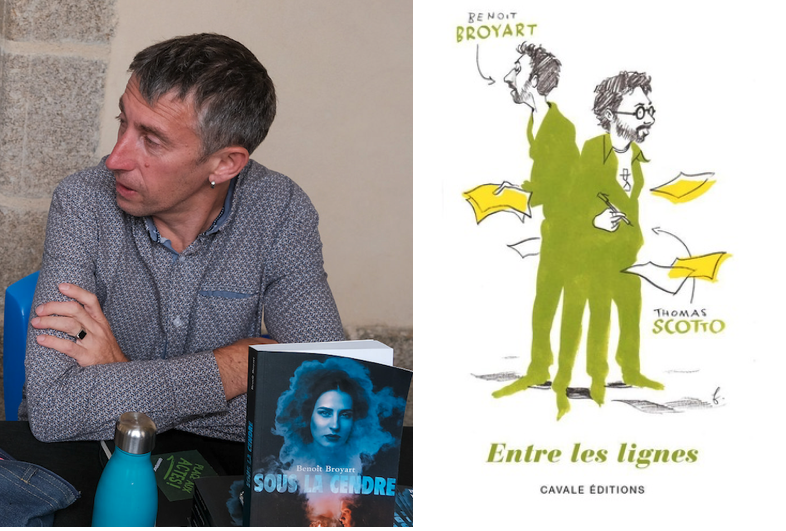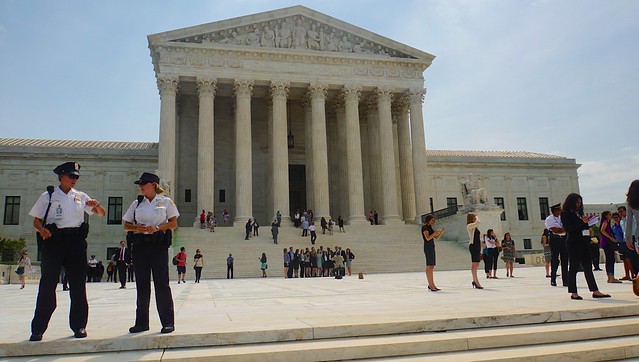Disputes on human rights violation before the ecowas court of justice
Dossiers

Prix de l'Instant 2023 : rendre justice aux talents passés inaperçus
Le Prix de l'Instant, du nom de la librairie qui le porte, conçu par Sandrine Babu et Guillaume Perilhou, vise à récompenser, au printemps, un roman francophone paru au cours de l'année et ayant injustement échappé aux regards.

Game of Thrones, des livres de George R.R. Martin à la série HBO
Né en 1948 aux États-Unis, George R.R. Martin écrit au départ pour créer de nouvelles histoires mettant en scène les super-héros Marvel, puis pour tuer le temps, alors qu'il peine à trouver un emploi dans le secteur du journalisme. Petit à petit, il devient un auteur confirmé de nouvelles de science-fiction. Après avoir commencé une carrière comme scénariste de séries télévisées, il commence, au début des années 1990, à rédiger une saga de type fantasy, intitulée A Song of Ice and Fire et traduite en français sous le titre Le Trône de Fer.

Livres, actualités : tout sur Andrée Chedid
Née le 20 mars 1920 au Caire, en Égypte, sous le nom Andrée Saab, Andrée Chedid y mène ses études, apprenant le français et l'anglais, et utilisant de manière ponctuelle l'arabe. Avec son mari Louis Selim Chedid, qu'elle épouse en 1942, elle part au Liban l'année suivante, où elle publie son premier recueil poétique, On the Trails of My Fancy, sous le pseudonyme A. Lake.

En série ou en film, les adaptations de livres crèvent l'écran
Le Parrain, Les Dents de la mer, Raisons et sentiments, Le Seigneur des Anneaux, la saga Harry Potter, Le Nom de la Rose, Orange mécanique, Vol au-dessus d'un nid de coucou, Le Guépard, Lettre d'une inconnue... Tous ces films ont un point commun, celui d'être des adaptations de romans ou de sagas littéraires...
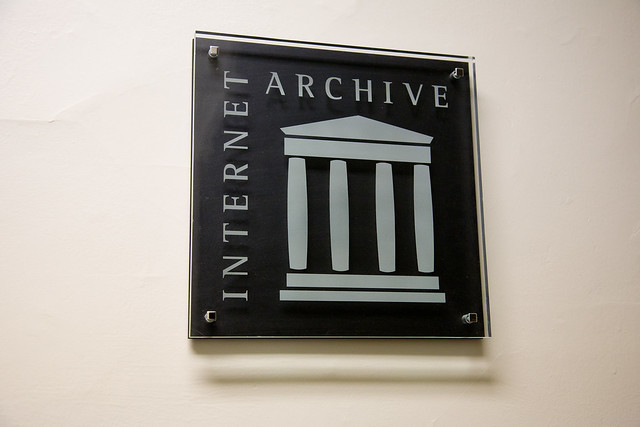
Procès Internet Archive : l'édition contre le prêt numérique contrôlé
En juin 2020, quatre groupes d'édition, Hachette, HarperCollins, Wiley et Penguin Random House, portent plainte contre la plateforme patrimoniale Internet Archive, l'accusant de « violation massive du copyright ». En cause, la bibliothèque d'urgence mise en place par le site à l'occasion de la pandémie du coronavirus.

Procès : un éditeur géant dans l'industrie américaine du livre
En novembre 2021, l’administration Biden décide d’interférer dans la transaction : le groupe Penguin Random House (propriété de Bertelsmann), s’apprête à sortir 2,175 milliards $ pour racheter Simon & Schuster (propriété de Paramount Global). Une concentration dans l’industrie du livre que combat le ministère de la Justice, dans un procès antitrust, au démarrage chaotique.
Extraits
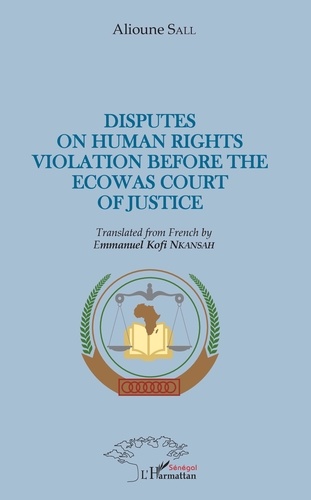
Droit
Disputes on human rights violation before the ecowas court of justice
07/2019
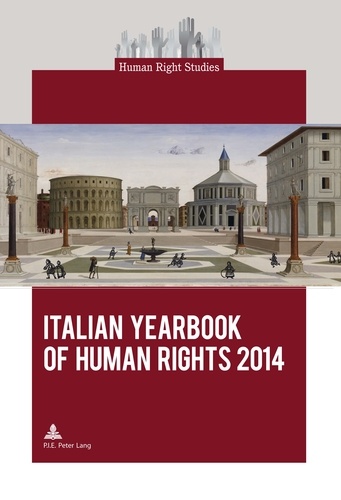
Droit
Italian Yearbook of Human Rights 2014
12/1985
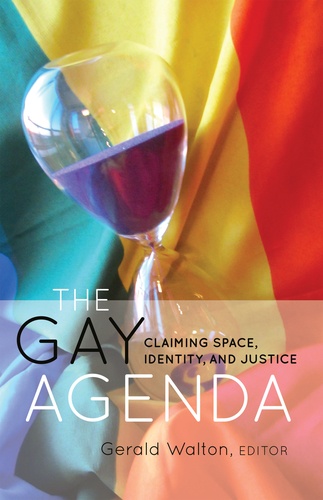
Non classé
The Gay Agenda
01/2014
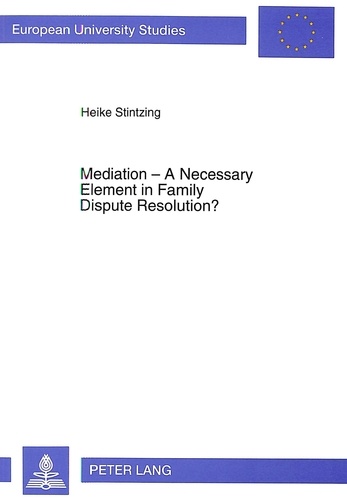
Philosophie
Mediation - A Necessary Element in Family Dispute Resolution?
01/1994
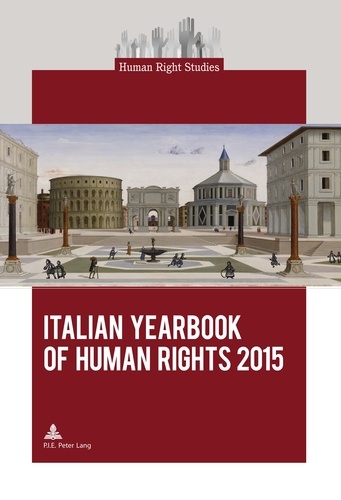
Droit
Italian Yearbook of Human Rights 2015
03/1991
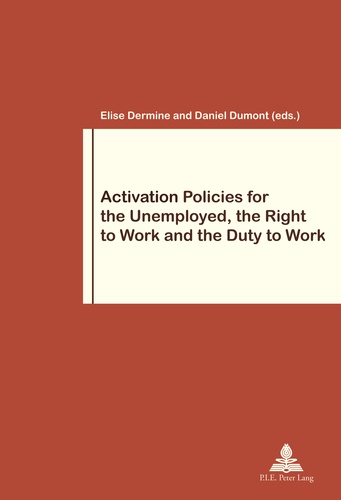
Droit
Activation Policies for the Unemployed, the Right to Work and the Duty to Work
06/1987

